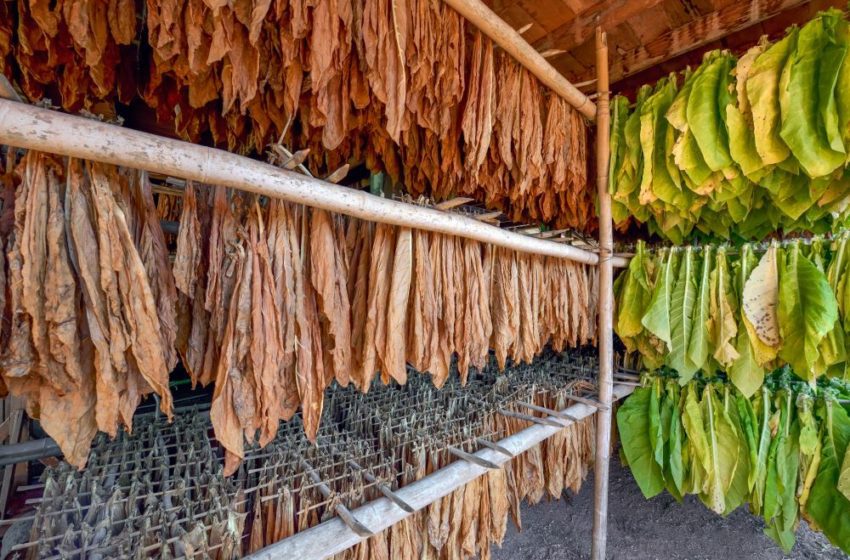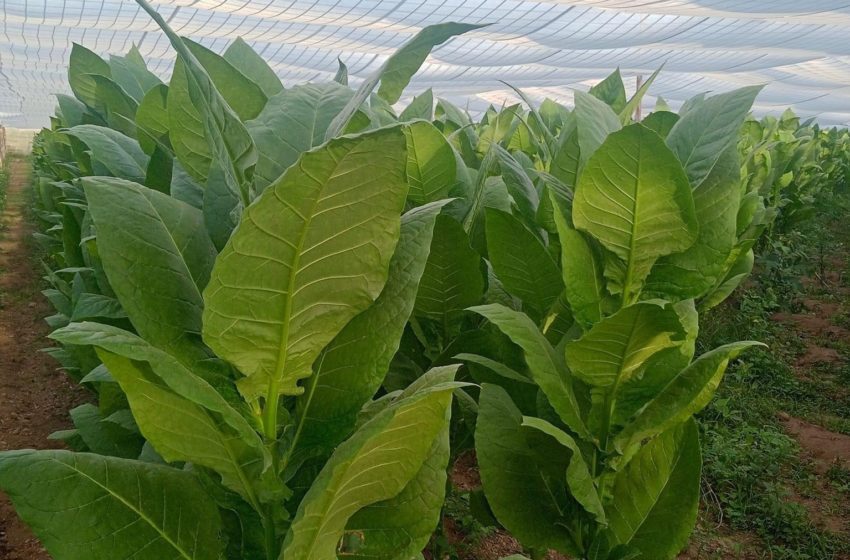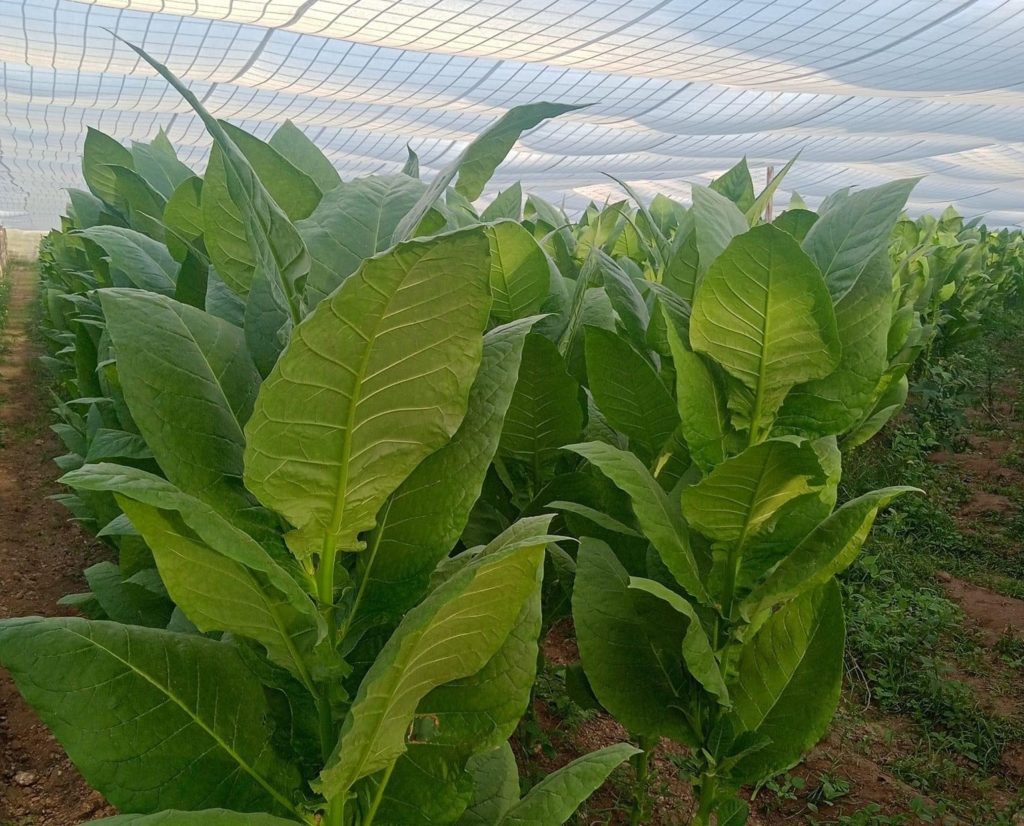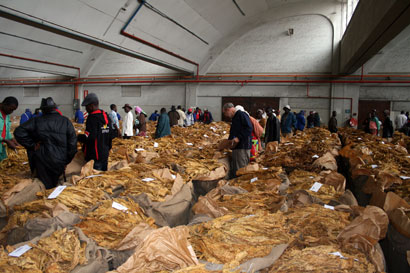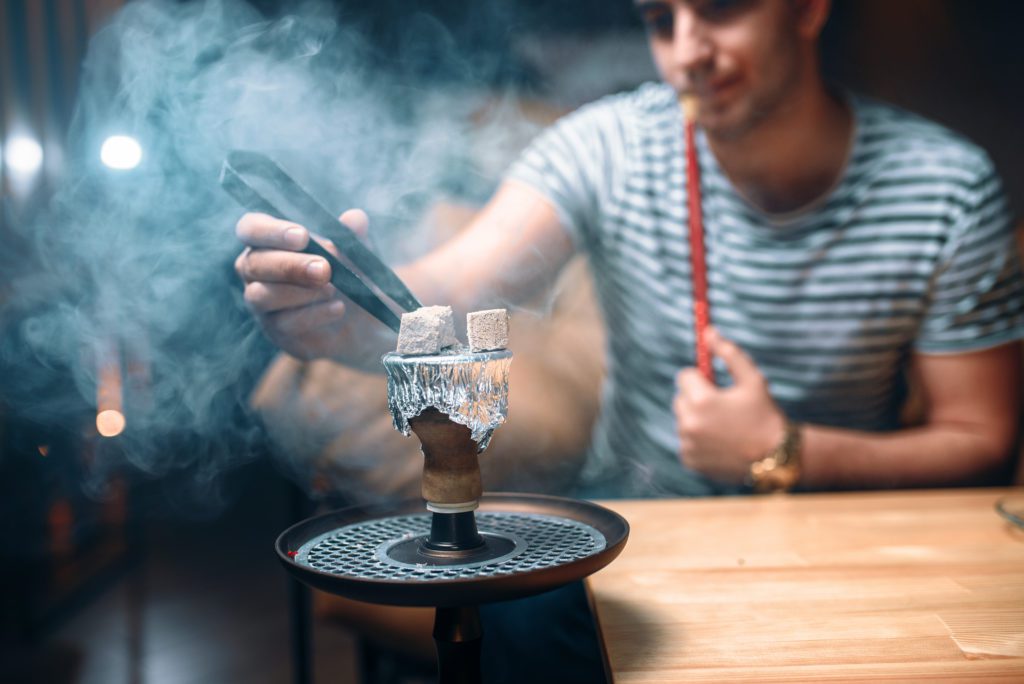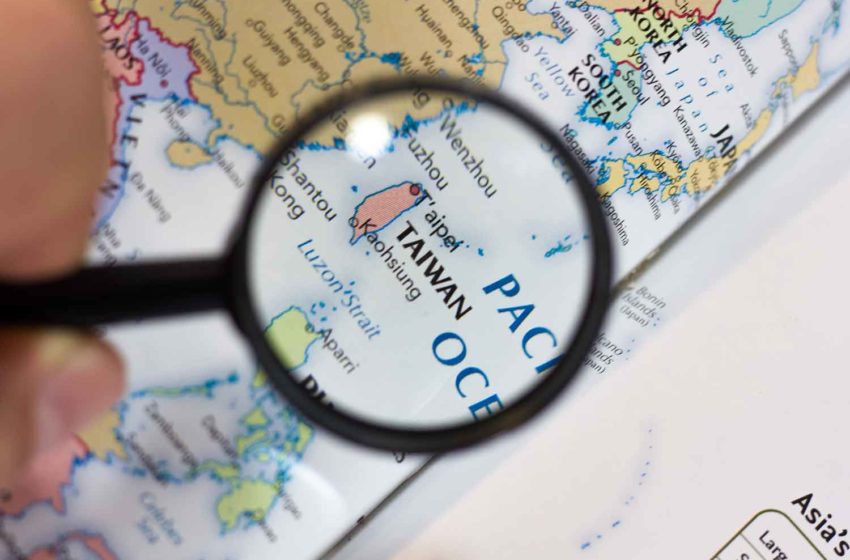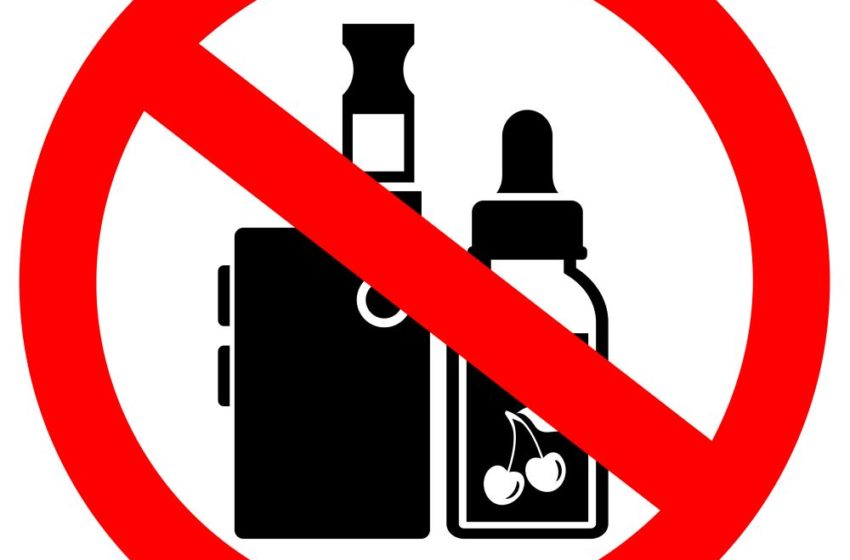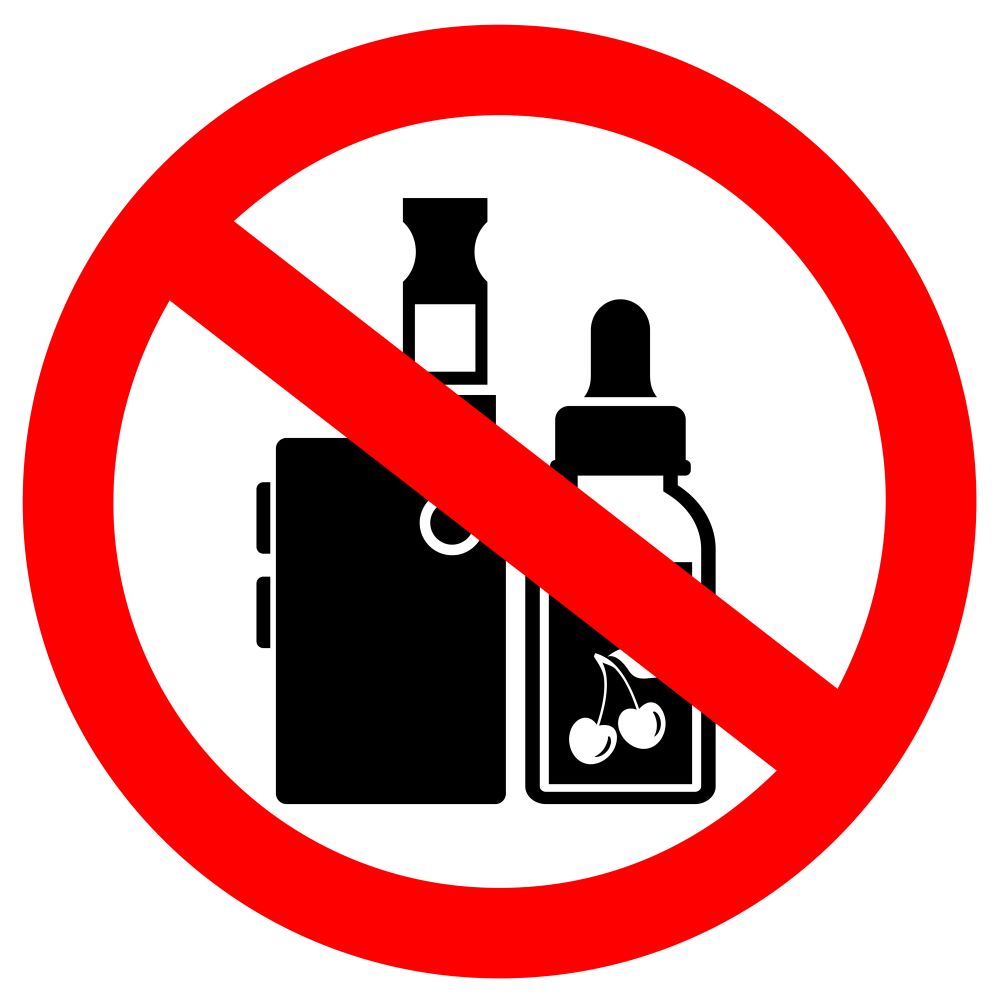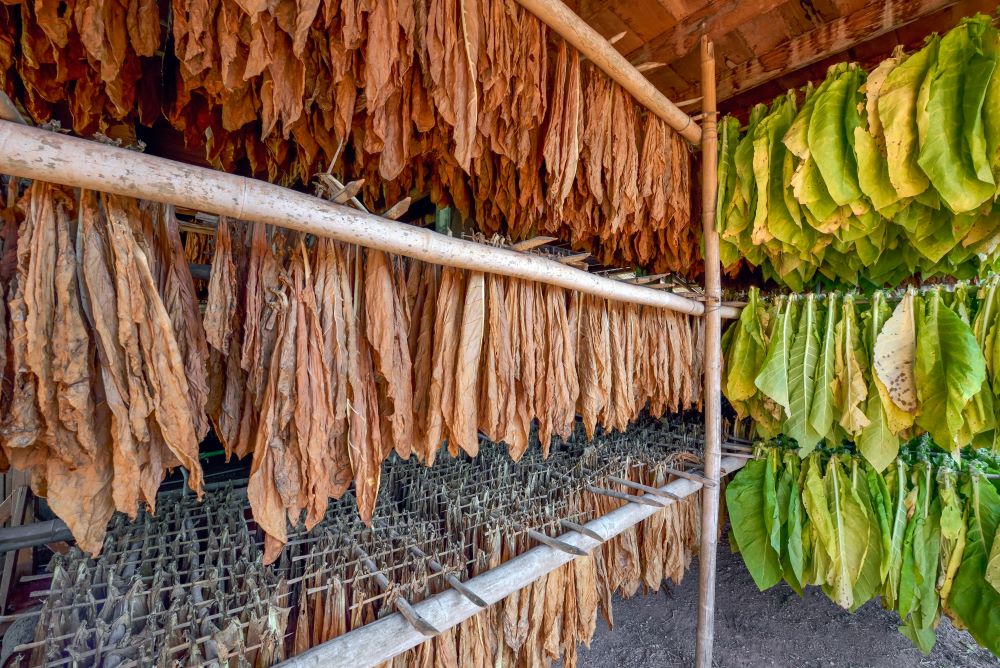
The Tobacco Industry and Marketing Board (TIMB) in Zimbabwe has introduced a natural air curing system (NACS), reports New Zimbabwe.
The new NACS will help prevent farmers from losing leaf due to lack of space in curing facilities. NACS is a drying technique that forces ambient air through the leaf to attain acceptable moisture content.
“This significantly reduces farmers’ post-harvest yield losses and ultimately improves farmer viability, profitability and sustainability,” said the TIMB.
“The introduction of this natural Virginia tobacco product to the Zimbabwe tobacco industry is in line with the Tobacco Value Chain Transformation Plan, which has the farmer at the core of the transformation and seeks to improve productivity and sustainability.”
“The introduction of new systems and practices will also aid in addressing side marketing. Farmers’ cost of production will be reduced, increasing profitability, thereby reducing farmer incentive to side market.”
“Atlas Agri (Private) Limited will be joining TIMB to spearhead this new initiative,” added the TIMB.

